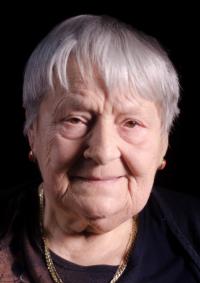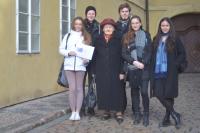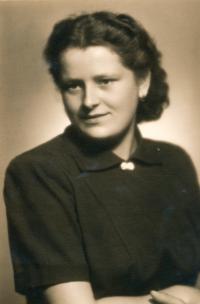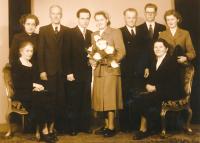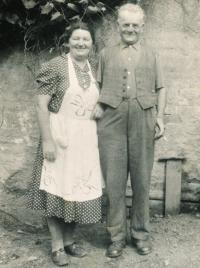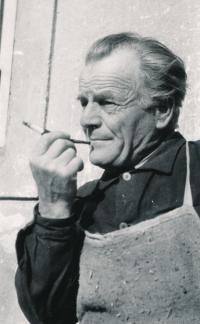There‘s always someone fueling anger, hatred, and envy

Stáhnout obrázek
Jiřina Jaroměřská, née Hrabětová, was born on 14 July 1931 in Kanina near Mělník to a farmer‘s family. During World War II her father Jan served as the village mayor and strived to help partisans in the region. After the end of the war when communists took over power he and his brother were labeled as kulaks. In 1956 Jan was accused of sabotage for not being able to deliver the required rations from his farming. He was sentenced to three and half years in prison which he served at Pankrác and in Mírov. The family farm was confiscated and never again had they returned to their house in Kanina.
